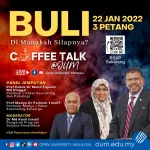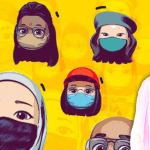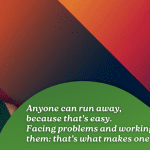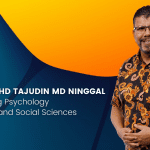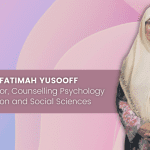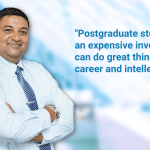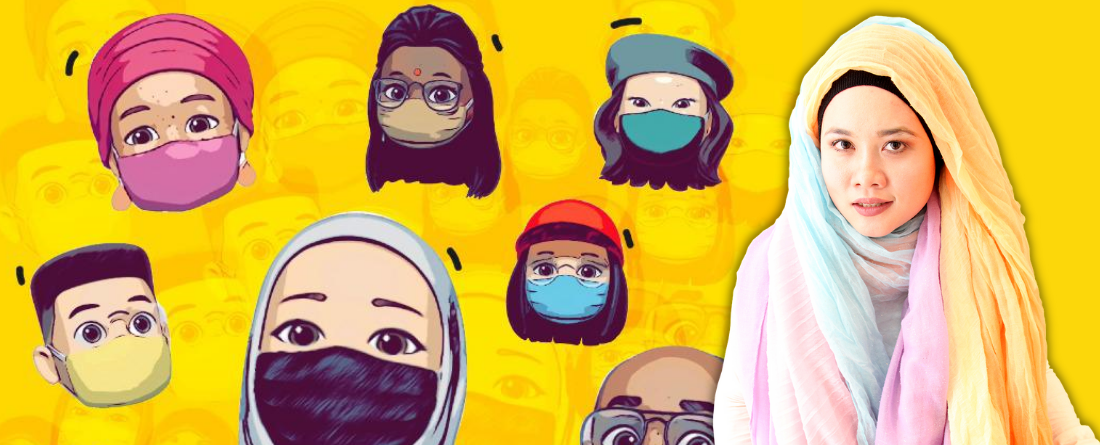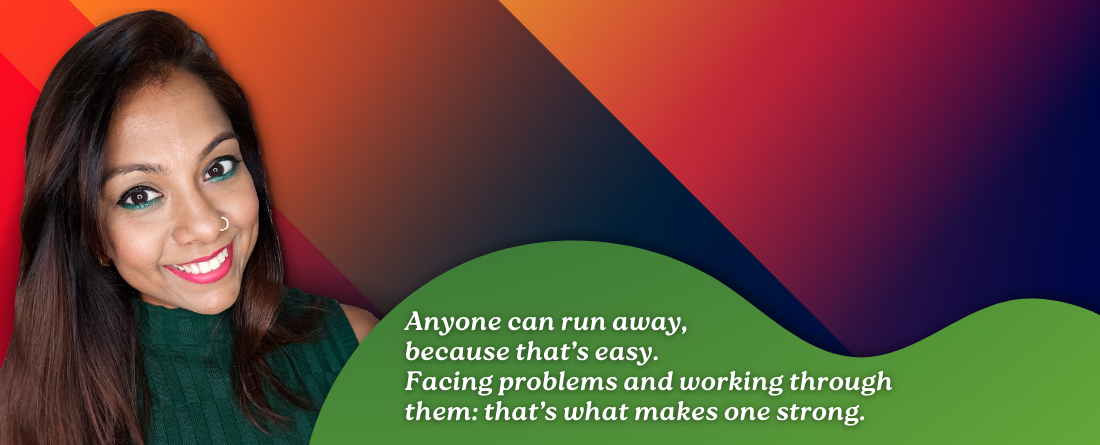Can you tell us a little bit about yourself?
I am 49, and my parents were both teachers. I grew up in Saratok, Sarawak.
I have a PhD in Marketing, Master of Business Administration, and Bachelor of Science (Human Resource Development). Before joining OUM, I was an academic at a private university for about 18 years.
What are your duties as acting chair of CBM?
As acting chair, I work closely with both academics and support staff. One of my main responsibilities involves working with programme directors to manage, plan, and control the standard of programmes offered by the cluster. I must also ensure effectiveness and efficiency in the running of those programmes.
Learners expect the same quality from online learning as they would receive via traditional learning methods. In my role, I have to ensure that CBM can meet this expectation, while at the same time adhere to the guidelines given by the Malaysian Qualifications Agency.
CBM offers some of the most in-demand programmes at OUM. Which are the most popular? And what other disciplines should CBM consider, especially taking into account future industry and post-pandemic workplace needs?
The Bachelor and Master of Business Administration programmes have consistently been the most sought-after options, at both undergraduate and postgraduate levels.
I believe general business and management qualifications will remain versatile, although responding to future needs will require additional knowledge in data science, as well as business and digital solutions. Supply chain management and logistics would also be worth looking into.
The pandemic has been going on for more than a year. How have you, the lecturers, staff as well as learners been coping with this?
We were certainly not prepared or trained to face this phenomenon. Because of the pandemic, we have had to change our attitudes, habits, and perception toward education and learning.
As interacting and co-creating value are so important in the learning process, we have had to learn to leverage new communication channels, such as Google Meet and the online forum. Holding virtual meetings has allowed lecturers and learners to interact and engage regarding issues related to a specific topic. Conversely, the online forum has been especially useful for guiding learners to grasp new concepts and knowledge.
The physical distance between lecturers and learners has proven to be the most challenging aspect in the current learning process. Both parties must rely on verbal communication, without the benefit of non-verbal cues. From the lecturers’ perspective, making the learning process happen in an attractive way through voice alone is not easy, so we must find ways to improve our engagement with learners, such as asking questions more frequently.
Looking ahead, what do you think is the way forward for the cluster?
I hope CBM can develop a platform for learners to better engage with internal staff. It would also be ideal for the cluster to have our own designated counsellor, from whom learners can obtain information and guidelines for non-academic matters, such as career development, future planning, or even advice on personal problems.
I also hope to strengthen the relationship between the cluster and its alumni. Maybe CBM alumni can work together with the academic staff to co-create a programme. Having been through the system, their input and experience would be valuable in enhancing the quality of what we have to offer.
By Tengku Amina Munira
